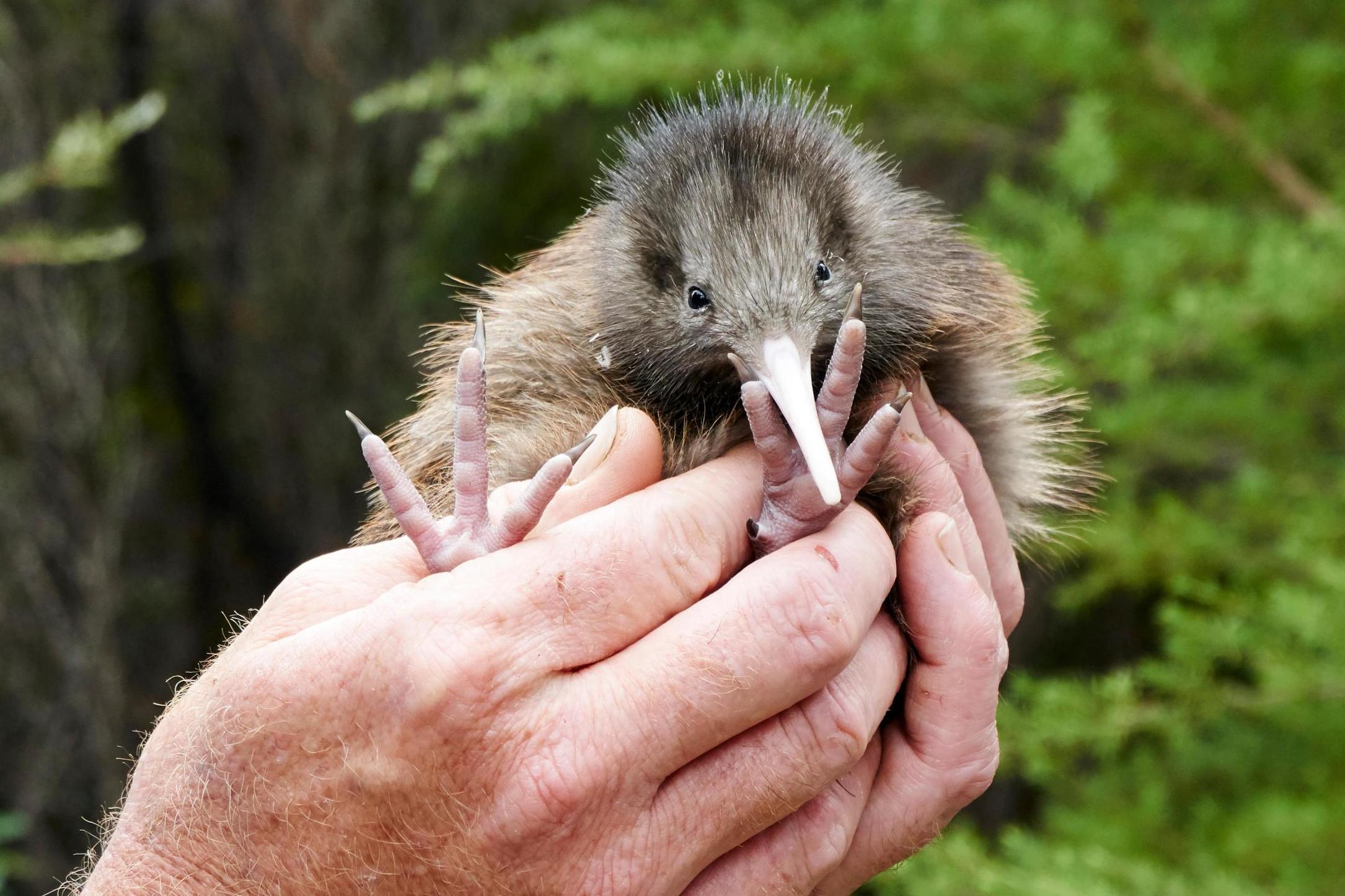Save the kiwi from being wiped out forever
Join Old Mout Cider now in its fight to prevent New Zealand's national icon from joining the dinosaur

The kiwi is in swift decline, disappearing at a rate of 2 per cent per year. Around 200 years ago, millions of kiwi inhabited New Zealand, but in 50 years’ time there may be none left.
Old Mout Cider has joined New Zealand-based charity Kiwis for kiwi in the fight to help save this extraordinary species — a nocturnal, colour-blind bird that has survived millions of years against the odds. In fact, its heritage is special: the kiwi shares DNA with the tyrannosaurus rex.
There are five species of kiwi formerly recognised today, all thought to have evolved from a single ancestor, the proto-kiwi, which lived 50 million years ago. These species all diverged from the original on account of their habitat’s changing landscape.
The sudden emergence of such geographical obstacles as mountains, glaciers, seas and rivers saw the flightless kiwi — one of just five flightless birds left on Earth — struggle to stick together; groups became separated and splinter populations gradually developed.
Now, the different species are indigenous to different regions: the little spotted kiwi inhabits New Zealand’s offshore isles; the great spotted kiwi, the northwestern region of the South Island; the brown kiwi, the North Island; the rowi, the westcoast of the South Island; and the tokoeka, the South and Stewart Islands.
Their DNA may be different, but in appearance and character, scientists once couldn’t tell some of them apart.
Indeed, it was only when genetic research was carried out in the Eighties that the five species were identified — before then, it was thought there were just three.
What a tragedy it would be for this resilient, remarkable bird to be wiped out. With environmental wellbeing and sustainability at the heart of its ethos, Old Mout Cider is determined to stop this happening.
Join Old Mout Cider in the fight to help save the kiwi by signing up to the campaign.
Take the quiz: What endangered animal are you?
*This content was commissioned and approved by Old Mout Cider

Bookmark popover
Removed from bookmarks